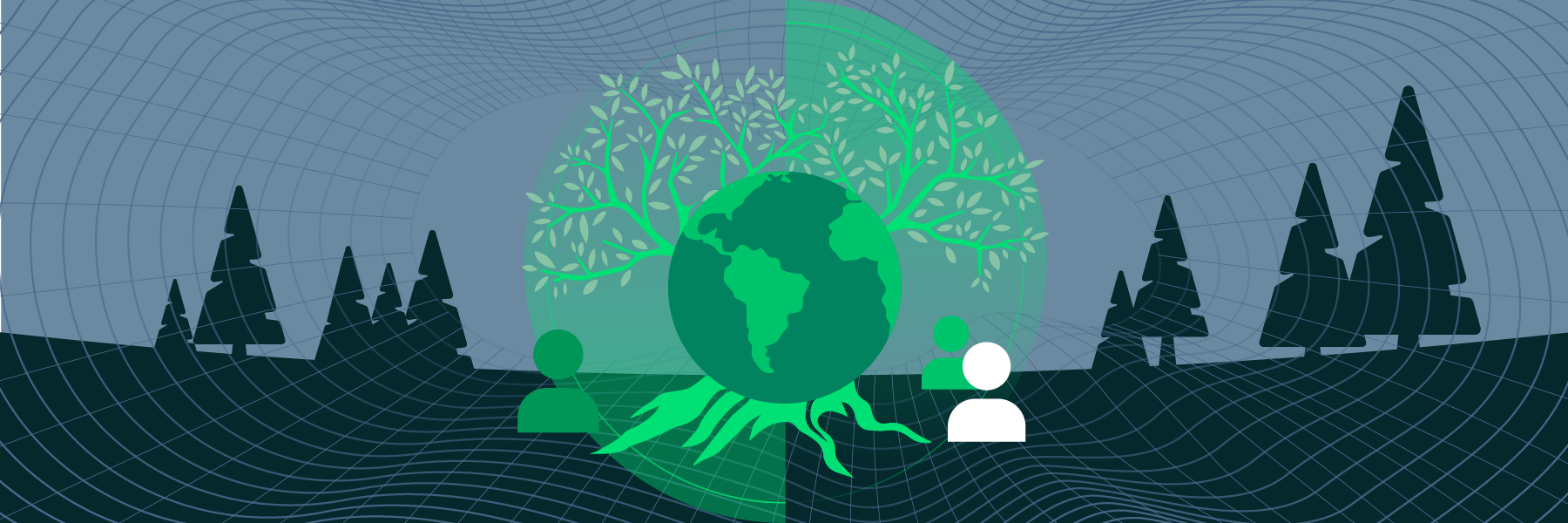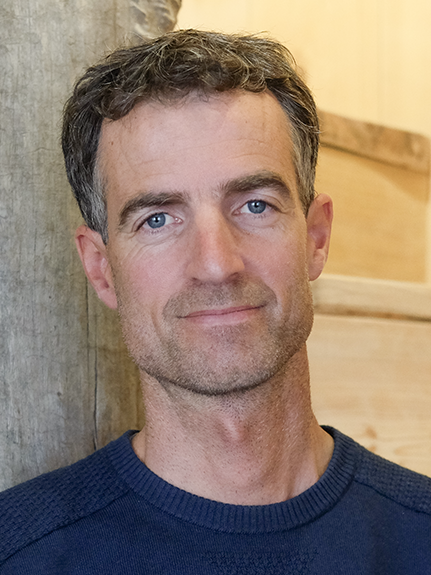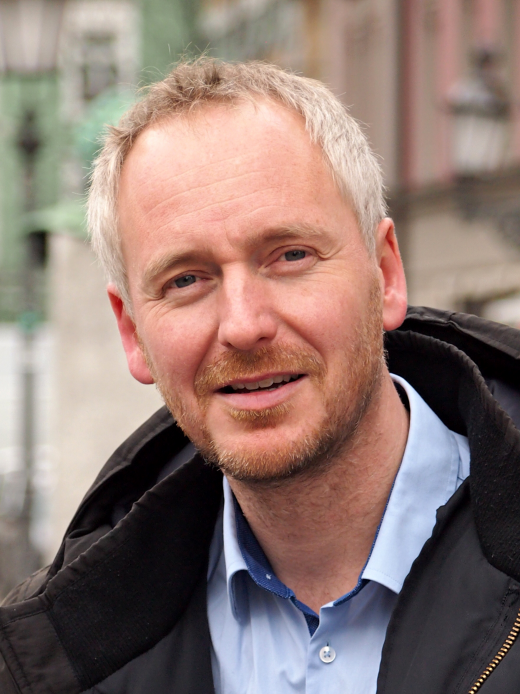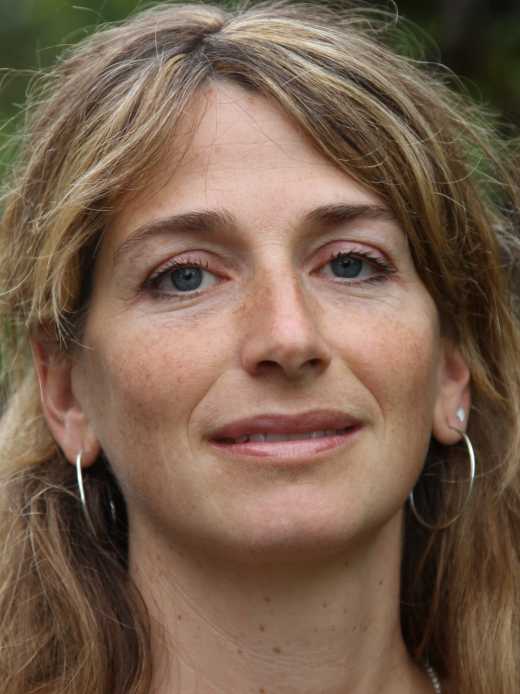CAS ETH in Regenerative Systems: Sustainability to Regeneration
This description is only available in English.

-
Autumnn Semester 2023
Start -
3 months
Duration -
Hybrid: online plus field trip to Italy
Location -
EnglishTuition language
-
20.04–31.05.2023
Application period
03–17.07.2023 additional application period, if places are available. -
CHF 8,230
Programme fee
In brief: The CAS ETH in Regenerative Systems: Sustainability to Regeneration
The CAS hybridises science, design and transformative praxis. It embodies systems physically through experiential (outdoor) didactics, social engagement, and personal flow experiences.
Structure and content
Programme description
The programme is about more diverse, creative and organic ways to deal with complex societal challenges and nested crises – for designing resilient regenerative systems (DRRS). Exciting real-world, living illustrations take participants to partnering real-world labs and bio-regional learning centres, i.e. MonViso Institute in Italy, for embodying complex systems across multiple governance scales. This opens for a relational understanding across system types and dynamics.
Objectives
The main aim of the programme is co-creating positive impact in complex systems as part of learning communities. To meet today’s challenges (e.g. climate change, economic inequality) the CAS complements academic training from non-design disciplines to expand on creatively dealing with complexity, and use these skill sets based on worldview values and directions to intervene. Such interventions will strengthen bio-economies and local communities, while increasing cooperation on different scales.
Professional perspectives
The CAS is systemic, diverse, inclusive in terms of topics, ways of reasoning, methods, data types, systems scales, focal areas, and cultures. The inclusiveness of this unique programme allows for engineers, economists, biologists, activists, service designers, teachers, permaculture designs, farmers, tourism managers, architects and city mayors, from different positions, ages, cultures, to expand on their fields by learning and co-creating with synergistic stimulation and exchange.
Structure and format
The CAS is a hybrid course, organised in six thematic modules that build upon the MOOCs content structure. After an introduction week the course engages in a real-world design field trip to the MonViso Institute, Italy, including a serious game development and a Systemic Cycles multiple day bike tour.
Additional information
Each of the six modules takes two weeks and finishes with a peer-graded delivery. After the first introduction week the entire course engages in a physical real-world design field trip to the MonViso Institute, Italy. The modules include virtual live meetings with lecturers and guest speakers, in-depth discussions, individual QUEST coaching, and peer learning. Virtual content is programmed to stimulate physical and social interaction in the bio-region where the participants live.
At the end of the CAS, participants will be asked to submit a self-reflection of their QUEST in both textual and graphical form. This CAS counts towards the future MAS ETH in Regenerative Systems.
Tuition language(s)
English
Credits
12 ECTS credits
Target group and admission
Target group
The programme addresses thought leaders and decision makers from a variety of fields who want to embrace uncertainty and co-design across governance scales, cultures and thought schools for a better, more resilient and regenerative future.
Requirements
Master's degree acknowledged by ETH or equivalent educational qualifications.
Required language skills
English: C1 (German: C1) – external pageShow proficiency scalescall_made
Language(s) of performance assessment
English
Dates and venue
Start
Autumn Semester 2023 (September)
Duration
3 months plus MOOC#1 participation prior to the CAS (approx. 12 weeks)
Application period
20.04–31.05.2023
03.07–17.07.2023 additional application period, if places are available.
Location
Online plus field trip to Italy
Fees
Programme fee
CHF 8,230
Application fee
CHF 50 for persons with a Swiss university degree, CHF 150 for persons with another university degree (non-refundable, credit card payment only)
Withdrawal fee
- within 30 days after admission: free of charge
- after 30 days after admission: CHF 3000
- after programme start: CHF 8,230
Application
Questions about the application
ETH Zurich, School for Continuing Education, HG E 17–18.5, Rämistrasse 101, 8092 Zurich, Tel. external page+41 44 632 56 59call_made, E-mail
Application documents
- Diploma certificate and transcript (of records) of the highest or most relevant degree
- Passport or identity card
- DownloadDeclaration of consent (PDF, 94 KB)vertical_align_bottom
Additional application documents
- Certificate of ETH DRRS MOOC#1 Sustainability to Regeneration
- Written essay with graphical elements: reflect about your personal QUEST in the context of this study programme
Organiser
Programme management
Contact
ETH Zurich
D-BAUG (Dept. of Civil, Environmental and Geomatic Engineering)
Institute for Spatial and Landscape Development (IRL)
Planning of Landscape and Urban Systems (PLUS)
8093
Zurich
Responsible body
ETH Zurich, D-BAUG, Institute for Spatial and Landscape Development (IRL), Chair of Planning of Landscape and Urban Systems (PLUS)



